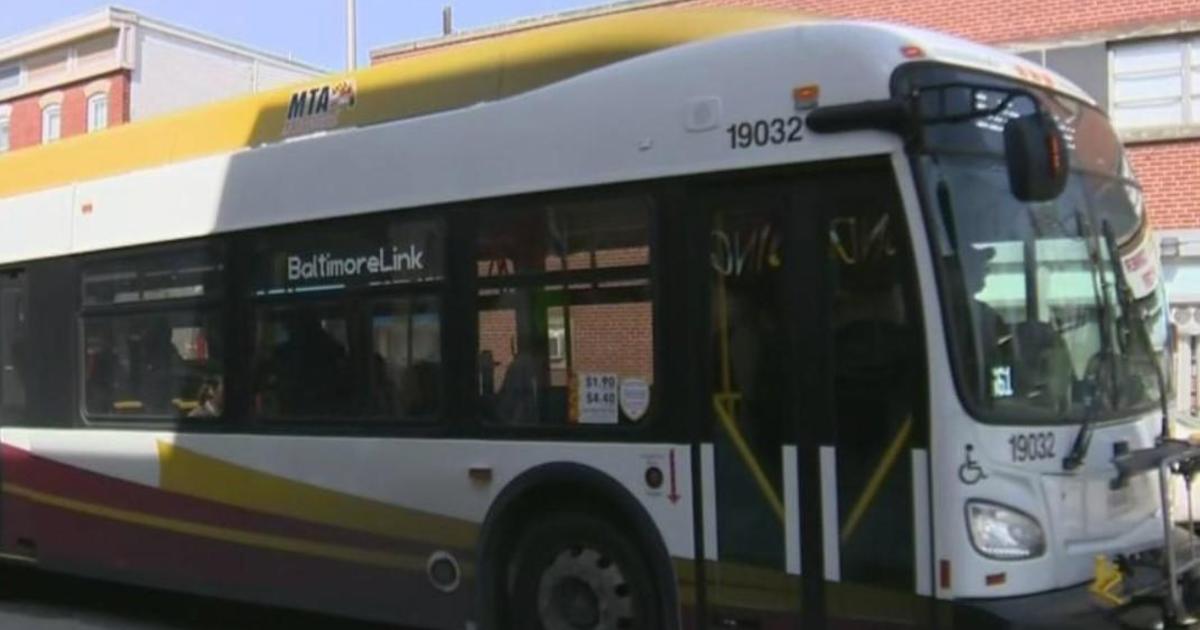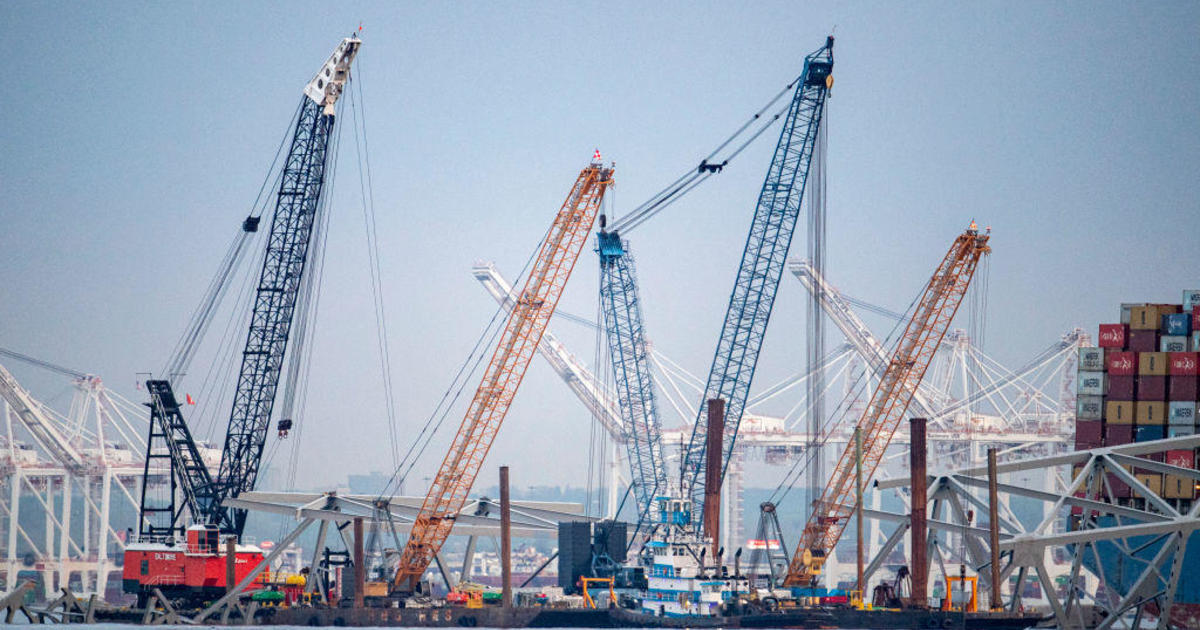Bay Advocates Want Overall Study Of Shale Drilling
BALTIMORE (AP) -- The federal government should conduct a comprehensive federal analysis of Marcellus Shale drilling in the six bay-watershed states, the Chesapeake Bay Foundation and other environmental groups said Monday.
The foundation said it has filed a petition under the National Environmental Policy Act calling for a review known as a programmatic environmental impact statement. The petition was signed by a number of environmental groups and more than 120 businesses, organizations and elected officials have also signed a letter to the president supporting the petition, the bay foundation said.
Assessments are under way, but none is comprehensive, the groups said.
An ongoing review by the federal Environmental Protection Agency, for example, deals with the impact on drinking water, said CBF attorney Amy McDonnell.
The foundation would like one review that also takes into account the impact on groundwater, air pollution and other areas, McDonnell said.
"Basically to look at everything. That is what the EPA study is going to fail to do," said CBF attorney Amy McDonnell.
Hydraulic fracturing uses water and chemicals to break rock formations and free gas.
The process injects millions of gallons of chemical-laced water into shale thousands of feet underground to create cracks that release natural gas. That has raised concerns it will contaminate drinking water supplies, and participants in a bay foundation teleconference said there are also concerns about runoff from well sites, industrialization of rural areas, and other issues.
The Marcellus Shale formation runs beneath western Maryland, western Virginia, Pennsylvania, West Virginia, New York and Ohio.
The federal government is obligated by law to ensure drilling won't adversely affect human health or the environment. However, multiple agencies have some authority over different aspects of drilling, McDonnell said.
"So, in order to make sure the cracks are filled, we need to have a cumulative impact study done to see where the cracks are and how we address those issues," McDonnell said.
If a review is not conducted, the groups could sue to force the government to conduct one, a step that has been successfully taken in the past, McDonnell said.
CBF Pennsylvania Executive Director Matt Ehrhart noted 3,500 new permits are expected this year in the state with each site covering an average of four to six acres. Those sites also will generate thousands of trips by trucks to and from the sites, he noted.
How that activity affects the pollution limits set for the six states under the EPA's bay restoration strategy is not well-known, Ehrhart said.
Maryland lawmakers, for example, are considering a bill that would restrict natural gas drilling until a two-year study is completed, and New York has had a moratorium on gas drilling in the Marcellus Shale since 2008 while the new rules are being developed.
"There's not a lot of information out there, which is precisely why we've taken this path," Ehrhart said.
(Copyright 2011 by The Associated Press. All Rights Reserved.)



